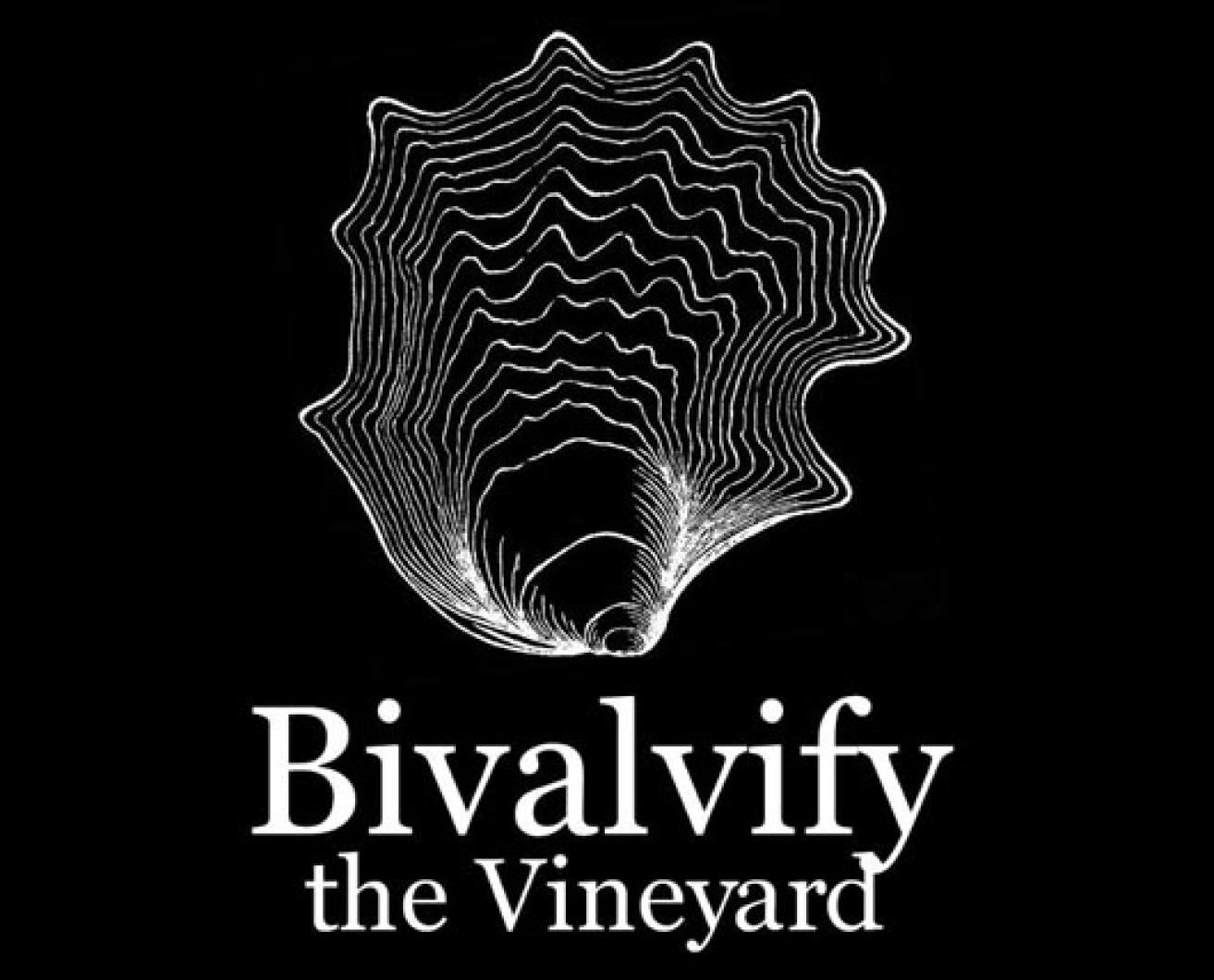In 1991, the American linguist John Algeo wrote: “A community is known by the language it keeps, and its words chronicle the times. Every aspect of the life of a people is reflected in the words they use to talk about themselves and the world around them. As their world changes — through invention, discovery, revolution, evolution or personal transformation — so does their language.”
Truly, new words are the voice of the Zeitgeist urging us on to the new realities. The future belongs to those who listen. A person who develops a new word, or neologism, is called a neologist. Such behavior is considered normal in our youth but to modern psychiatry, creating new vocabulary in adulthood is often associated with mental illness or head injury. Be that as it may, I prefer to partner with the youth, even if some consider hearing voices from a spirit of the times delusional.
Ecologist Eugene F. Stoermer and the Nobel prize-winning atmospheric chemist, Paul Crutzen may have been channeling the Zeitgeist in 2000 when they coined the word anthropocene or Age of Man to acknowledge a new geological age where the activities of man are having earth changing impacts. Crutzen claims that he just made up the word on the spur of the moment while at a scientific conference. The concept of the anthropocene is an idea whose time has come. It ideally captures this age of acidic oceans, global climate change and habitat loss when human activities are profoundly affecting the planet. It readily finds usage in discussing the problems of our times.
It comes as no surprise that a working group of the International Commission on Stratigraphy is considering a proposal to formalize the anthropocene as a new geologic epoch.
Let me now share with you another neologism — Bivalvification: The act of adding bivalves to a body of water to improve water quality and biodiversity. Richard D. Rush, editor in chief of the online oyster information newsletter OInews.weebly.com coined the word this year as a cure for ocean acidification. Almost as obsessed with shellfish as Mr. Rush, I readily embraced the new term and concept. Bivalvification, an antidote to the anthropocene! Whereas anthropocene embodies the problems, bivalvification encompasses the solutions. Perhaps bivalvification will play a role in transitioning to an era of responsible earth stewardship that the Australian physician Bryan Furnass has dubbed the Sustainocene. Let me introduce the active verb form bivalvify and let you consider the possibilities.
Turbid water? Bivalvify! Shellfish are filter feeders that can help keep our waters clean and clear.
Nitrogen overloads. Bivalvify! Shellfish can improve impaired water bodies by incorporating nitrogen in the proteins of their tissues and enhancing denitrification processes.
We can expand the definition to address other problems beyond those strictly environmental.
World hunger? Bivalvify! Shellfish are one the most efficient forms of animal protein.
Unemployment? Bivalvify! Shellfish aquaculture is a green industry that actually cleans the water as it produces a valuable sustainable product.
What’s for dinner? Bivalvify! Shellfish are a tasty, low fat, nutritious local food.
Libido dragging? Bivalvify! Shellfish are a good source of zinc.
I think you get the idea and I hope I have convinced you to help spread the word. For his part, Richard Rush informs me that he is selling mugs and that the University of Michigan marching band is working on a halftime show that spells “bivalvification” in script!
Like charity, we believe bivalvification should begin at home and have launched a campaign to Bivalvify the Vineyard. Although we have been bivalvifying the Vineyard for years, most notably by producing millions of seed shellfish in our hatchery that the local shellfish constables grow and plant in Island waters, we hope our new campaign will increase awareness for both the importance of our shellfish resources and the important role the Martha’s Vineyard Shellfish Group plays in maintaining our Island home. We hope you also agree that charity begins at home and will support our work with a generous tax-deductible contribution. We are facing a serious budget shortfall and need to raise over $80,000 to continue our programs. Thank you.
Richard C. Karney is executive director of the Martha’s Vineyard Shellfish Group. The shellfish group is offering tours and donations can be made through its website.




Comments (2)
Comments
Comment policy »